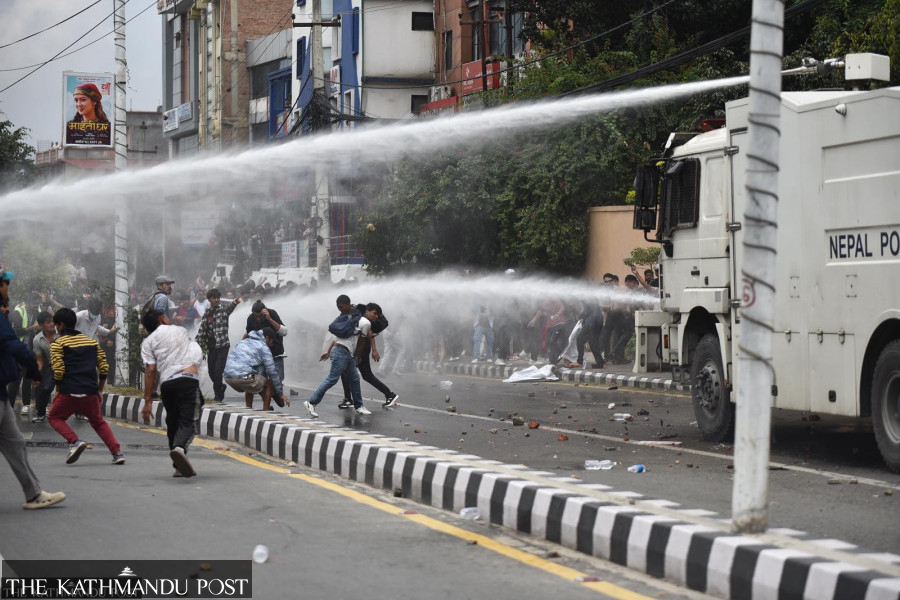Opinion | Gen Z, deep state and corruption
Summary
Nepal experienced extraordinary civil unrest on September 8-9 leading to rapid governmental collapse, driven by widespread corruption linked to deep religious and cultural issues, caste discrimination, and hidden deep state forces.
Key Points
- The rapid fall of Nepal's elected government on September 8-9 was influenced by widespread corruption and civil unrest.
- Corruption in Nepal is deeply intertwined with religious, cultural, and spiritual practices.
- The caste system and discrimination against Dalits contribute significantly to social discontent.
- A concealed deep state played a key role in the political violence and destruction during the unrest.
- Pro-monarchy and anti-democratic forces are regrouping, threatening Nepal's political stability.
- The interim government, led by Sushila Karki, faces the challenge of preventing future political violence.
- Acknowledging the broader cultural and spiritual facets of corruption is essential for societal reform.
